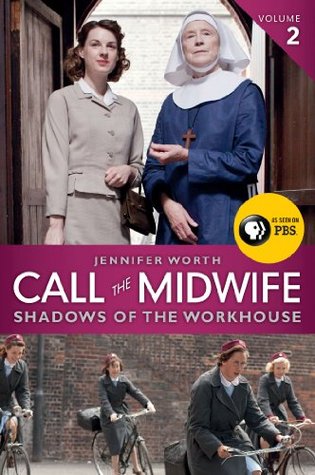More on this book
Community
Kindle Notes & Highlights
Workhouses have now disappeared, and in the twenty-first century the memory of them has all but faded. Indeed, many young people have not even heard of them, or of the people who lived in them. But social history is preserved in the accounts of those who lived at the time.
Charles Dickens, in his classic A CHRISTMAS CAROL, wrote, through the voice of a gentleman seeking to collect money for the poor from Scrooge, that many people would rather die than go to a workhouse. Dickens’s book was published in 1843, nine years after the creation of workhouses.
Our Lord’s words to Peter, as recorded in St John’s Gospel: ‘When you are young, you go where you wish, but when you are old, others will take you where you do not wish to go.’ This was taken to indicate the manner in which St Peter would die, but I have always thought that it is a general reflection about us all. For we all grow old, and very few of us retain our health and strength to the last. Most of us become helpless and completely dependent on others, whether we like it or not. Old age is a time when we learn the virtue of humility.” I
“The Lord grant us a quiet night and a perfect end.”
“In thee, O Lord, have I put my trust. Let me never be put to confusion.”
“Protect us through the silent hours of the night, so that we who are wearied by the changes and chances of this fleeting world may repose upon Thy eternal changelessness.”
Social Darwinism (the strong adapt and survive, the weak are crushed) was borrowed and distorted from the Origin of Species (1858) and applied to human organisation. These were the standards of society, accepted by rich and poor alike, and the workhouses merely reflected this.


